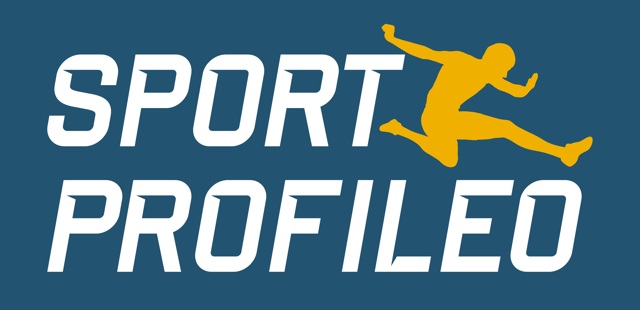Many methods are now available to assess the behavioural skills of coaches: self-evaluation, 360°, assessment centres, etc. Thanks to these solutions, it is possible to analyse the level of mastery of skills such as emotional management, decision-making ability or athlete support. But for what purpose? What are the different uses of these methods?
1st use case: training and coaching
A coach may need external help to change his/her behaviour. This help can take the form of training or coaching. At the beginning of coaching, a diagnosis of behavioural skills will give the coach clues as to the behaviours he or she could change. If the coach has already identified areas to work on, an evaluation of the behavioural skills will help him/her to specify them and above all to prioritise them, in order to agree with his/her coach on the specific objective of the support.
2nd use case: recruitment
The decision to recruit a coach is based on a variety of criteria: his experience, his financial claims, his game plan, his motivations... and also his interpersonal skills. Does his managerial style correspond to the challenges of the situation? Is it in line with the culture of the club, selection or centre concerned? How is it adapted to the characteristics of the staff he or she will have to manage, or to the expectations of the sports management? These are essential questions to ask before a recruitment process, which can be answered by an objective evaluation of soft skills.
3rd use case: building a professional future
When a coach is considering a change of structure, or a new direction in his or her professional life, what elements can he or she rely on? Behavioural skills are one of them: those skills that he or she will have acquired while coaching at a high level and on which it will be possible to capitalise in the context of a new experience. Highlighting the coach's specific talents, using a 360° assessment for example, will help him or her to design a professional project tailored to him or her. It will also enable him or her to highlight his or her assets to recruiters.
Coaching and training, recruitment, career management: these are all contexts where an objective assessment of a coach's soft skills can make a difference.
